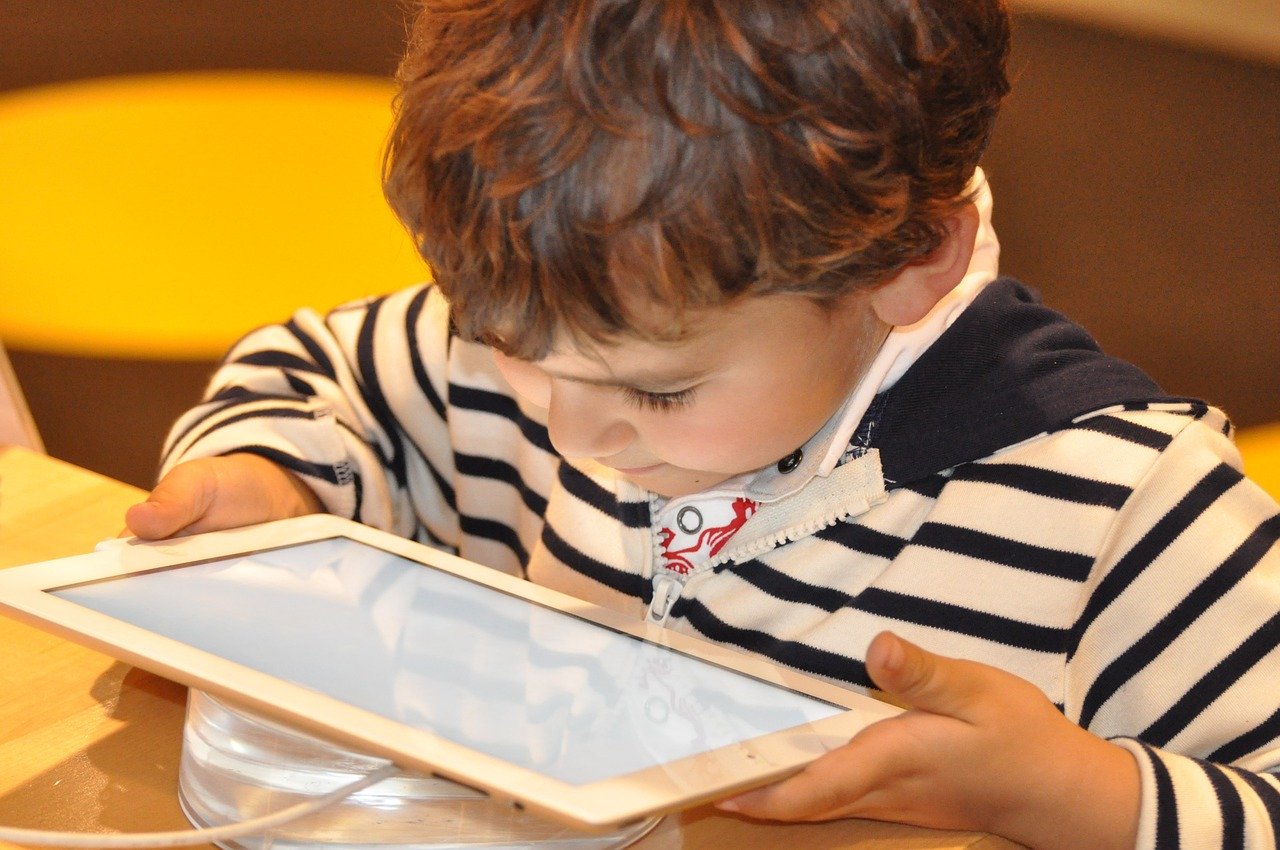In January 2019 researchers from Singapore, USA and Germany published the results of their study to assess the association between screen viewing time and sleep duration in children aged 2 years and under. A total of 714 Singaporean children were included in the study. Information on screen viewing time and sleep duration was collected from the parents via interviewer-administered questionnaires. Results showed that 28% of children up to 6 months and 74% of children aged 7-24 months experienced daily screen viewing. Television viewing was reported for 44% of all children and mobile device screen viewing for 30%. Children up to 6 months had an average sleep duration of 15.6 hours and children aged 7-24 months an average of 12.4 hours. Analysis revealed that each 1 hour per day increase in screen viewing time was significantly associated with 0.26 hour shorter sleep duration, with similar significant associations for television and mobile devices. A further analysis revealed significantly greater reductions in sleep with higher screen viewing among children aged 6 months and below, while associations were weaker in older children.
Chen B et al. Screen viewing behavior and sleep duration among children aged 2 and below. BMC Public Health. 2019 Jan 14;19(1):59

